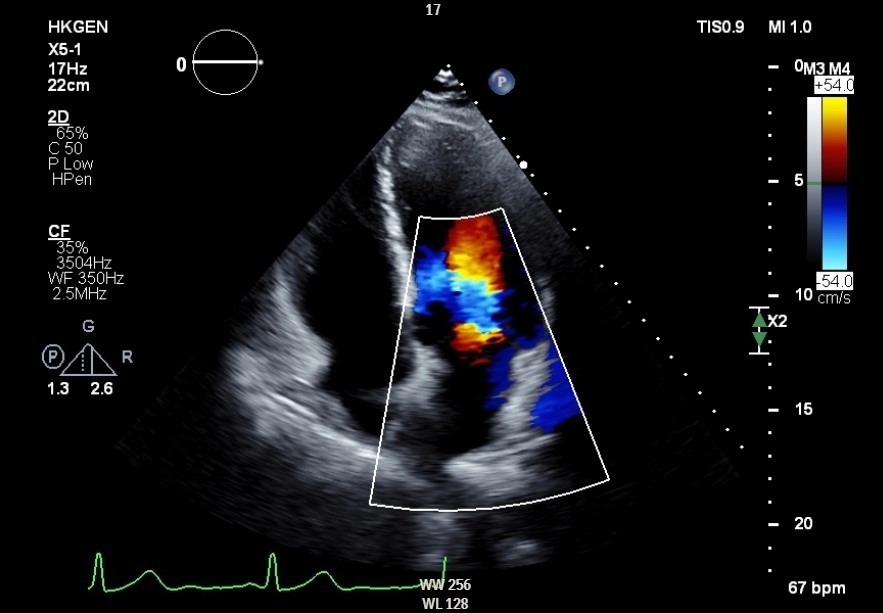Heart failure (HF) affects up to a million people in the UK, often leading to a reduced quality of life and increased hospital admissions. While significant advances in HF treatment have been made, many patients remain on outdated plans. Red Star AI, in collaboration with the University of Dundee, is transforming the way these patients are not only identified but also treated with up-to-date, personalised care.
The pilot project, led by Dr Ify Mordi and Dr Mya Win from Dundee’s School of Medicine, leverages artificial intelligence (AI) to analyse vast amounts of medical data, including echocardiograms (echos), to ensure patients receive the right treatment. The focus is not merely on identifying patients at risk, but on ensuring they receive the correct, modern therapies—bridging the gap between diagnosis and effective treatment.
Andrew Conkie, CEO of Red Star, stresses the importance of data-driven healthcare: “The NHS holds vast quantities of cradle-to-grave data, far more than any person can process. Additionally, much of this data is in Free Text format, which is difficult to analyse at scale. This study allowed us to identify patients who were not on the correct treatment, and importantly, present them to cardiologists for final treatment decisions.”
More Than Diagnosis: Ensuring Appropriate Treatment
Red Star’s system provides clinicians with an ‘air-traffic control’ view over their patient population. Using AI to monitor patients and compare their treatments to guideline-based therapies, we can take a proactive and streamlined approach updating patient treatment in the community rather than reactively waiting for them to turn up at their GP surgery or A&E.
Historically, identifying patients needing updated treatment took weeks or even months of manual searching. Dr Mordi explains: “Due to service constraints, the first opportunity to identify patients who could benefit from more intensive treatment is often after their condition has worsened, which might be too late.”
By automating this process, Red Star enables healthcare professionals to intervene earlier, potentially preventing hospital admissions and improving patient outcomes.
Busting Bureaucracy and Driving Efficiency
Red Star’s AI-driven system also has significant implications for reducing the administrative burden on clinicians. The ability to audit treatments in real time, alongside analysing echoes, means that Red Star eliminates the manual data trawling that consumes valuable clinical time. This “bureaucracy-busting” approach allows healthcare professionals to focus on patient care rather than paperwork.
Andrew Conkie adds: “The improvements in quality of life demonstrated in this study show the potential for AI to improve population health at scale.” By automating audits and aligning treatments with the latest guidelines, Red Star ensures patients are not just identified earlier but treated more effectively.
A Holistic Approach to Heart Failure Care
Red Star’s range of features, including the AI approach to analysing echo reports, real-time, automated auditing and personalised treatment recommendations, ensures that patients are managed according to the most current heart failure guidelines. The result? A more efficient healthcare system and improved patient outcomes.
As the pilot continues to show success, it’s clear that Red Star is poised to revolutionise heart failure care—not just by identifying more patients in need, but by ensuring they receive the optimal treatment they deserve.
[Partner content]
